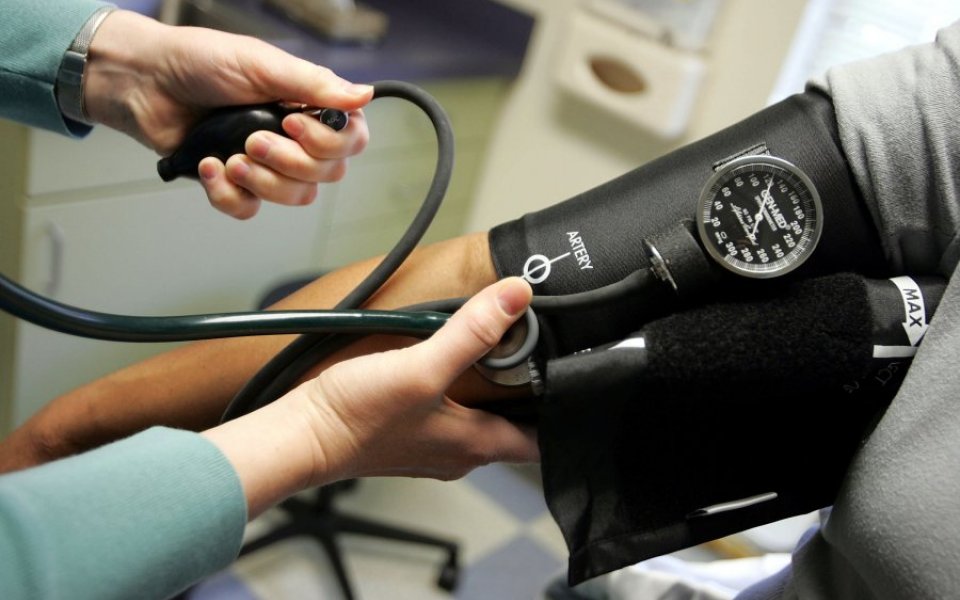Blood pressure-lowering tablets should be given to more people in the UK, study advises

Pills that lower blood pressure shouldn't only be prescribed to those with noticeably high blood pressure, according to a new study published in The Lancet.
The authors say they should be given to anyone at high risk of heart disease, irrespective of what their blood pressure says about their health. People who fall into the “high risk” category include smokers, people over 65 with diabetes and those with high cholesterol.
The new recommendation say that medication can have a positive impact even among those with normal blood pressure. Under current NHS guidelines, patients should only be given medication when their blood pressure reached 140mmHg (millimetres of mercury, the unit of pressure). If they have a pressure lower than this, it is recommended they are just monitored instead.
By looking at the impacts of blood pressure pills on more than 600,000 people in a series of trials from 1966 to 2015, the researchers found that for every 10 mmHg reduction in systolic blood pressure, the risk of having a heart attack fell by a fifth, while the chance of death from any cause dropped by 13 per cent.
In their report, the authors write: “Our results provide strong support for lowering blood pressure to systolic blood pressures less than 130 mmHg and providing blood pressure lowering treatment to individuals with a history of cardiovascular disease, coronary heart disease, stroke, diabetes, heart failure, and chronic kidney disease.”
That said, they recognise the importance of lifestyle factors in determining heart disease risk, and acknowledge that it should not all come down to administering medication.
They also don't believe the pills should be prescribed to everyone with any kind of heart disease risk, saying the benefits should be weighed up alongside possible side effects.